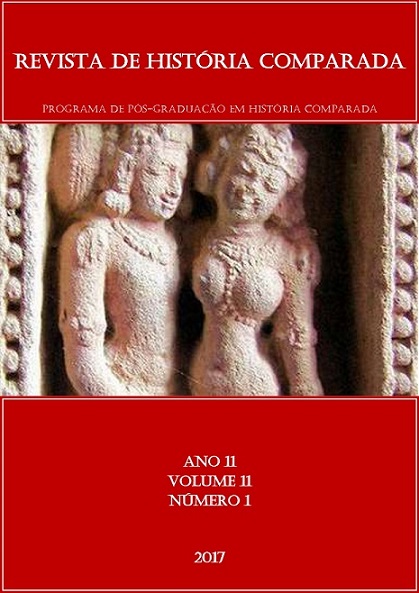MAPPING FEMINISM: A BRIEF ESSAY AND COMPARISON OF THE FORMS OF FEMINISMS ON THE ROAD
Abstract
Any academic, who places themselves within the prolific field of interdisciplinary research, faces the drama of having to eventually narrow down their career path to fit into canonical departmental structures. Similarly, the bureaucracies of daily intellectual work have an impact on social movements often creating barriers and jargons that can become unrealistic to the community it seeks to serve. Such is the case of feminism in academia. Dozens of articles testify to the difficult communication that exists between thinking feminism and trying to apply its ideals into the machinery of daily life. In this essay, I will attempt a comparison between different forms of feminisms in a diversity of contexts and cultures. Its main argument is that feminism, understood as a major form whereby people seek to bridge the gap created by gender inequality, escapes the very jargons that define it and by which it has been intensely reassessed, ultimately gaining form in social actions that very often had no contact with feminist intellectual roots.Downloads
Download data is not yet available.
References
ADICHIE, Chimamanda Ngozi. Dear Ijeawele, Or a Feminist Manifesto in Fifteen Suggestions. London: 4TH State, 2017
CALLAMARD, Agnès. Refugee Women: a Gendered and Political Analysis of the Refugee Experience. In: JOLY, Danièle. Global Changes in Asylum Regime. London, Palgrave, 2002. p. 137-153
EL BUSHRA, Judy. Feminism, Gender and Women's Peace Activism. Development and Change, 38, 131-147, 2007
STEINEM, Gloria. My Life on The Road. London: Oneworld, 2016.
Downloads
Published
2017-06-30
Issue
Section
Artigos
License
Proposta de Política para Periódicos de Acesso Livre
Autores que publicam nesta revista concordam com os seguintes termos:- Autores mantém os direitos autorais e concedem à revista o direito de primeira publicação, com o trabalho simultaneamente licenciado sob a Licença Creative Commons Attribution que permite o compartilhamento do trabalho com reconhecimento da autoria e publicação inicial nesta revista.
- Autores têm autorização para assumir contratos adicionais separadamente, para distribuição não-exclusiva da versão do trabalho publicada nesta revista (ex.: publicar em repositório institucional ou como capítulo de livro), com reconhecimento de autoria e publicação inicial nesta revista.
- Autores têm permissão e são estimulados a publicar e distribuir seu trabalho online (ex.: em repositórios institucionais ou na sua página pessoal) a qualquer ponto antes ou durante o processo editorial, já que isso pode gerar alterações produtivas, bem como aumentar o impacto e a citação do trabalho publicado (Veja O Efeito do Acesso Livre).


